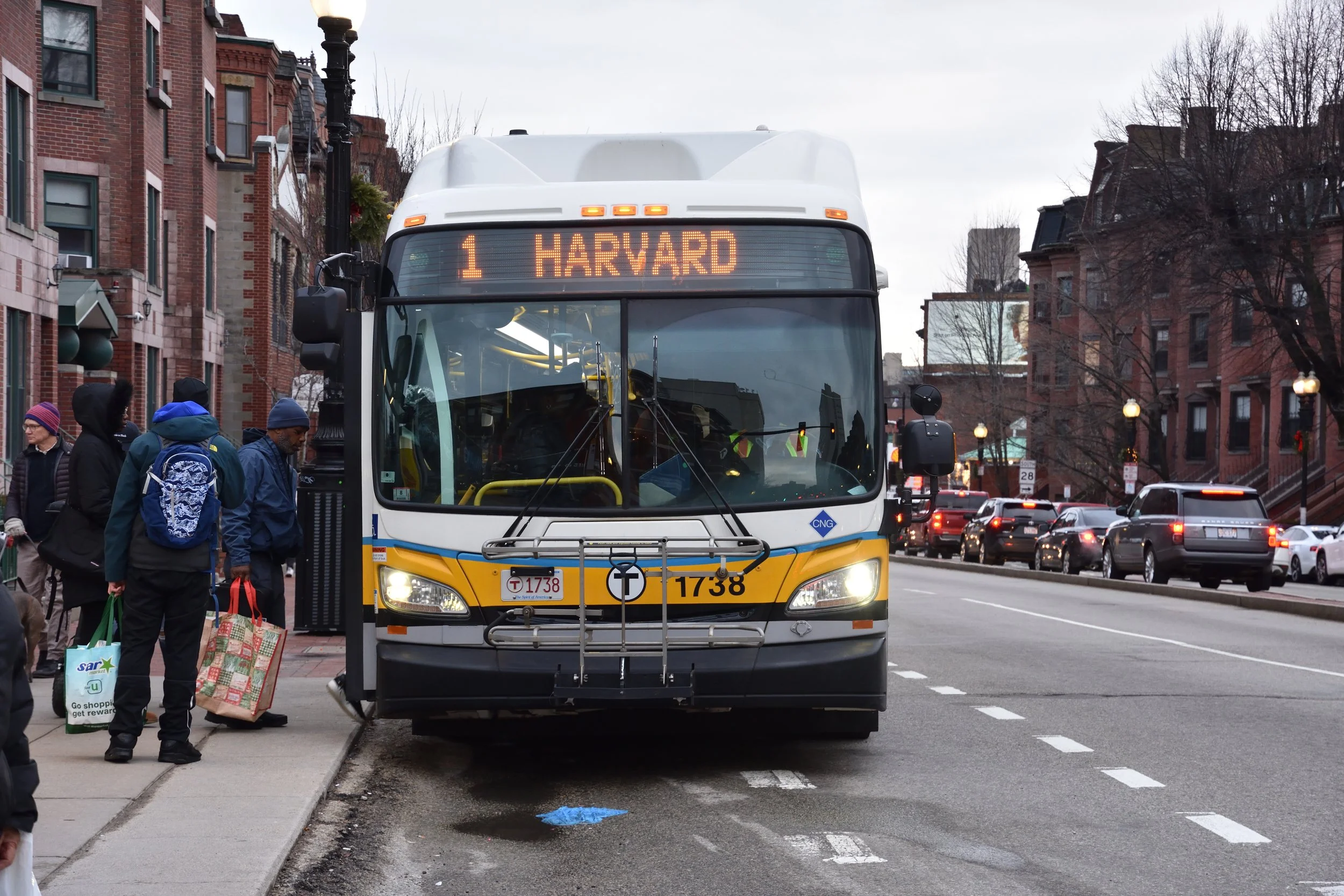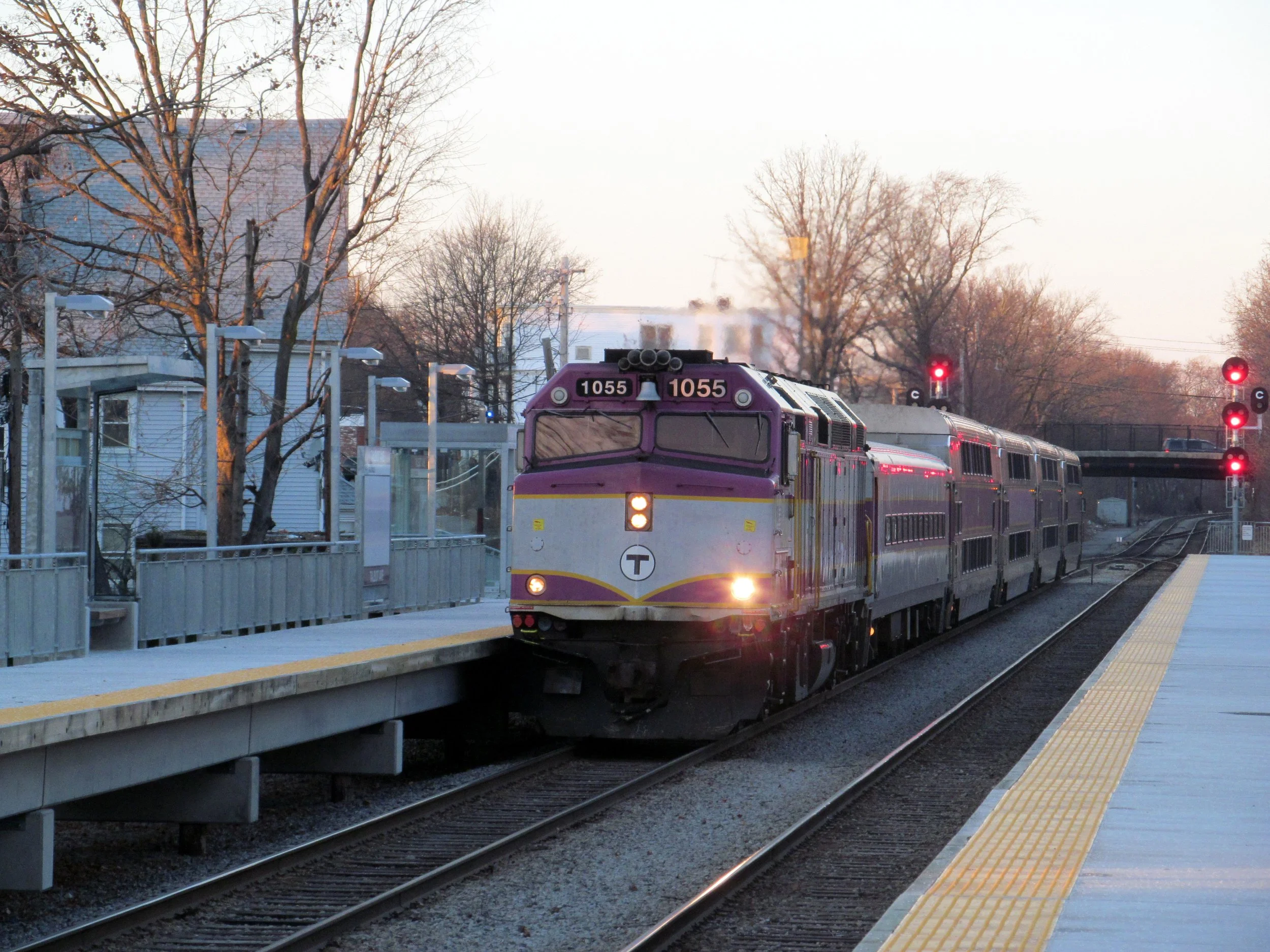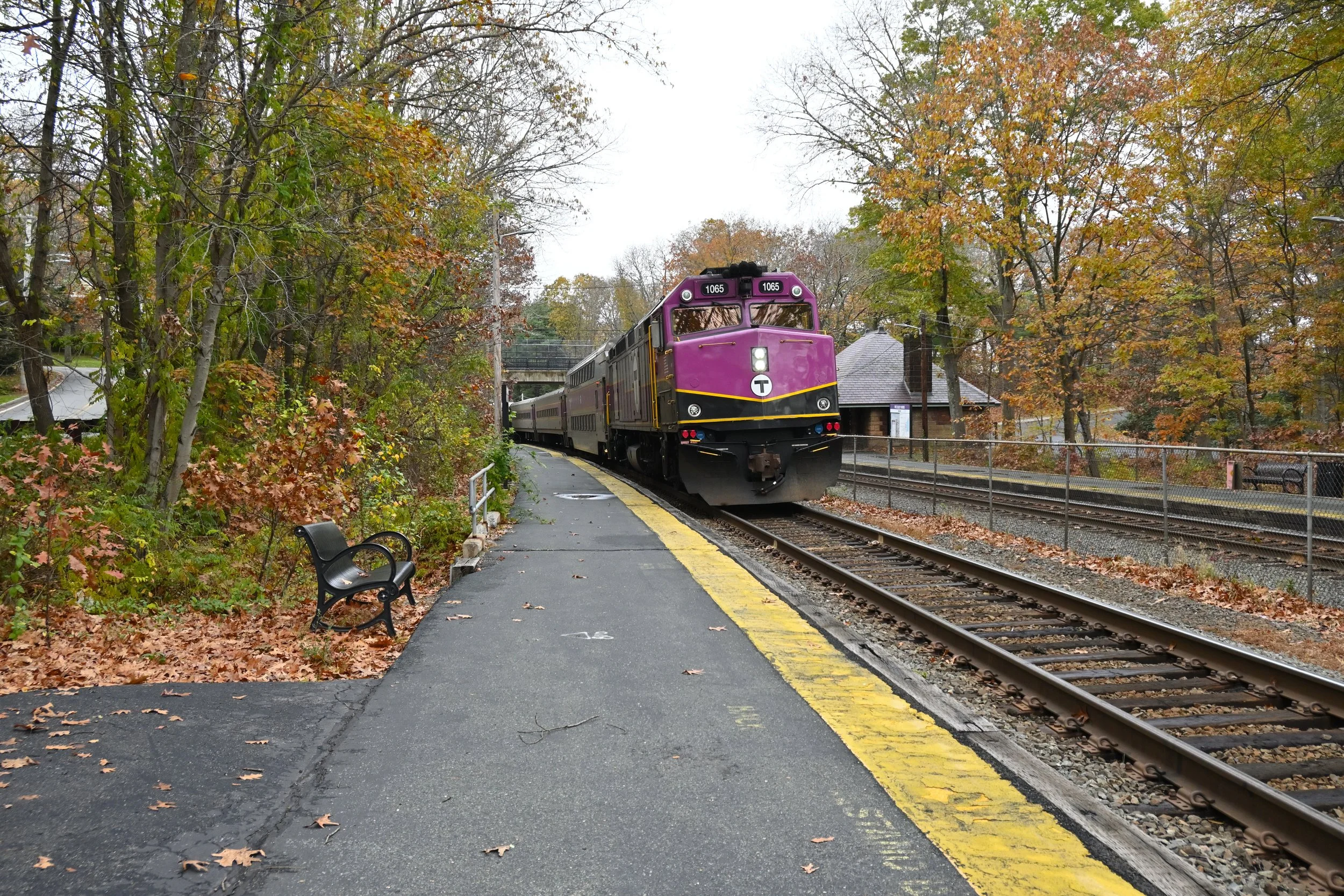BOSTON, May 31, 2022 — On Monday, May 16th, 2022, the MBTA and the MassDOT Office of Transportation Planning launched their Bus Network Redesign proposal, kicking off a summer of engagement and feedback collection. This draft map presents a bold vision for the future of bus service in the MBTA region, motivated by a desire to reimagine the bus network to serve the trips of today rather than the trips of a century ago. TransitMatters sincerely congratulates the staff of the MBTA and the MassDOT Office of Transportation Planning on reaching this milestone - and we also commit to staying engaged on this project all the way through implementation.
However, a bus network is more than lines on a map; a bus network is service, operations, and schedules. A bus network is experiences, bus stops, transfers, and service spans. A bus network is vehicles, operators, and bus officials. The MBTA needs to ensure that its operational infrastructure, policies, and staff are sufficient to deliver this new service and to deliver on its promises of frequency and reliability. There are several key issues that need to be addressed by the MBTA for this program of improvements to fully deliver on its potential; first among them are operations, transfers, and operators.
The MBTA needs to develop policies and programs that support operations on the bus network - two of these, headway maintenance for frequent services, and timed transfers for infrequent ones, are crucial steps to delivering reliable service and overcoming skepticism from the public about the MBTA’s ability to deliver on its bold vision for a much larger frequent bus network. Currently, bunches of buses on frequent and infrequent routes are a common and almost daily occurrence, strangling service frequency, hampering public perception, and reducing reliability. Headway maintenance - the active monitoring and control of the time between buses along a route - can address this problem, and requires both technology, to enable the communication required to implement it, as well as policy, to set standards and empower operators and officials to implement them.
Timed connections on infrequent routes are another key step to enabling regional mobility and maximizing the utility of infrequent services. By having key nodes in the bus network serve as timed transfer points for buses arriving every 30 minutes or more, transfers are made easier and more comfortable for riders. This is just one way in which infrequent services can provide useful transit connectivity - if the MBTA is willing to plan, promise, and deliver useful connections and guaranteed transfers.
The bus network also needs to drive infrastructure decisions, both for passenger facilities and transit priority. Bus stops and key transfer points should be safe, comfortable and legible, and connections should be clearly marked and provided with wayfinding signage, seating, and shelter. The MBTA should work with municipalities and other roadway owners to ensure that transit priority, both on the street and in signalboxes, is provided where necessary.
Finally, the MBTA needs to address the shortage of operators needed to deliver this service. The Authority should improve the attractiveness of the career and the pay on offer, and if this requires more resources, the Authority should work with the administration and the legislature to secure recurring and predictable revenue to support this service expansion. The MBTA should also work with unions to negotiate improved compensation for new workers without it coming at the expense of existing operators.
This plan has the potential to truly transform the way Greater Boston uses the bus - but the MBTA needs to work with municipalities, RTAs, and TMAs to ensure that the network is coordinated with all of the other services that operate in the region to ensure maximum benefits. By improving operations, managing headways, coordinating transfers, providing comfortable facilities, and addressing funding shortfalls, operator shortages, and transit priority, the MBTA can turn this plan for improved bus service into a reality.
For media inquiries, please e-mail media@transitmatters.org.
###





